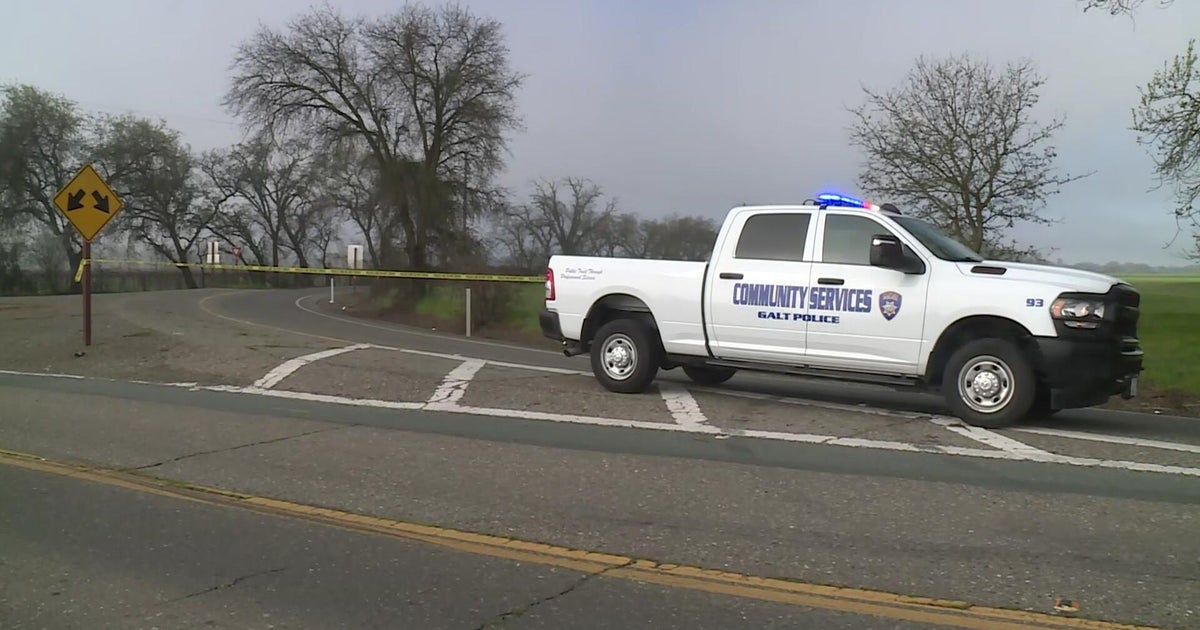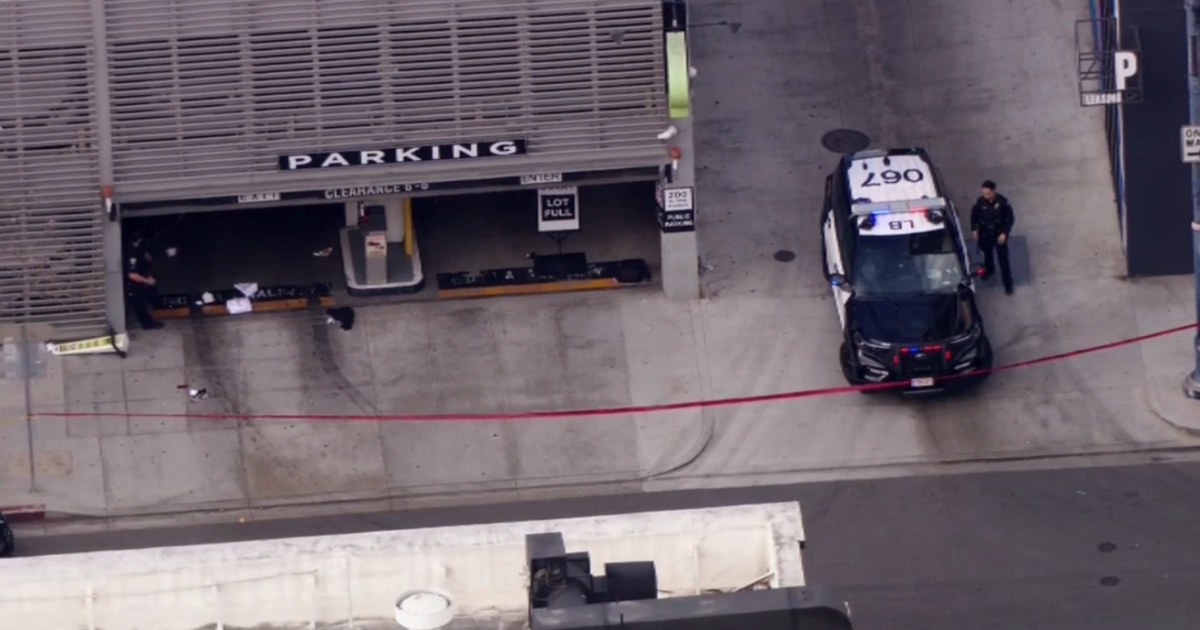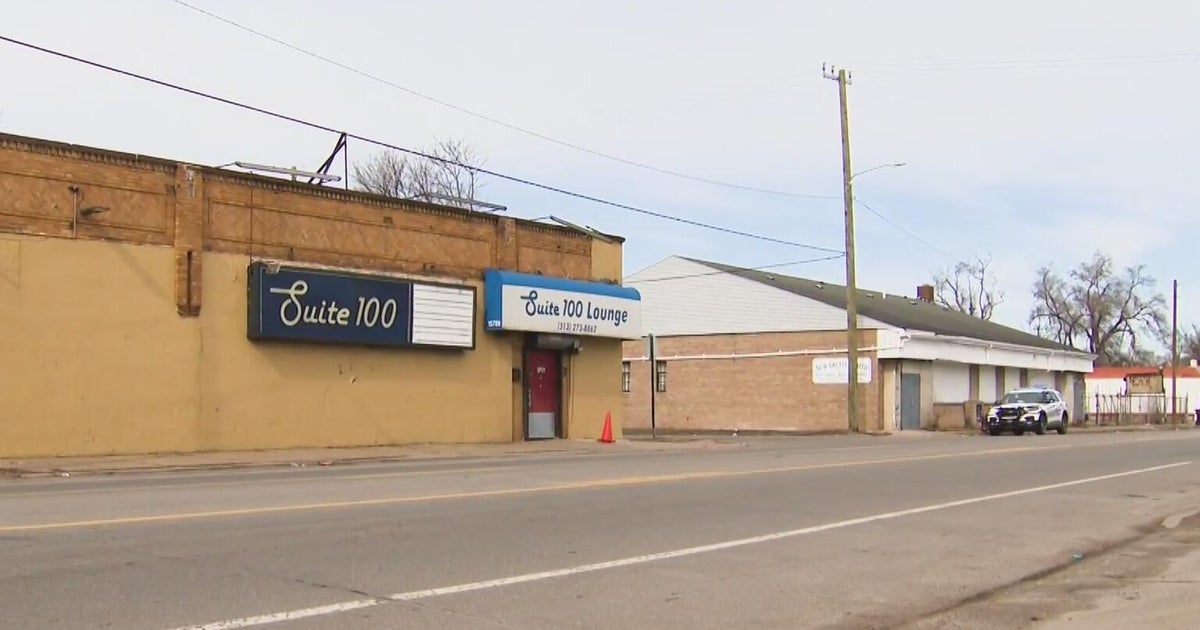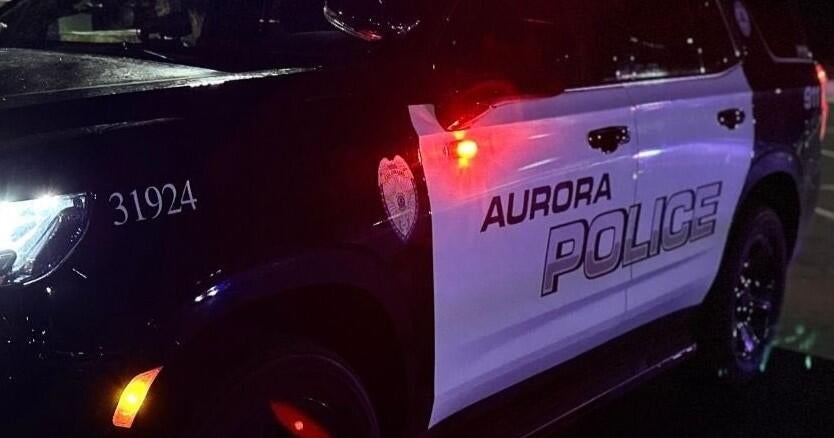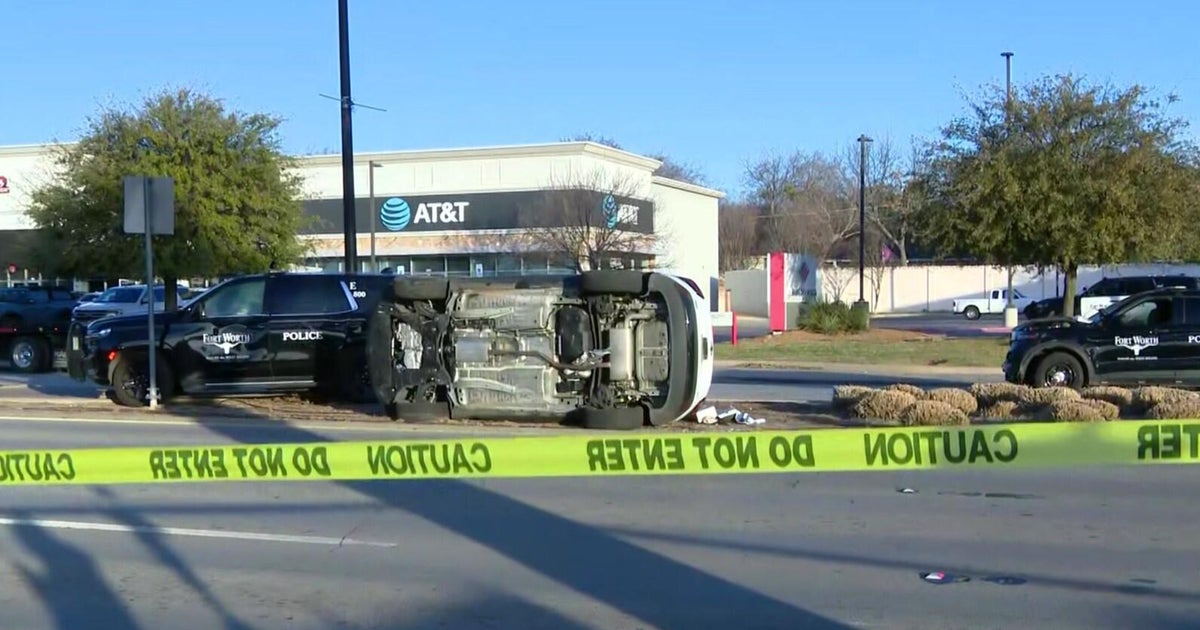KPIX 5 Exclusive: Chief Deputy District Attorney Paul Sequeira On Selection Of Vallejo Police Shooting Special Prosecutor
SAN FRANCISCO (CBS SF) -- Following Solano County District Attorney Krishna Abrams' recent decision to recuse her office from prosecuting the two most recent Vallejo police shootings, KPIX5 requested an interview with the D.A. several times.
On Friday, July 31, Paul Sequeira, the Chief Deputy District Attorney agreed to the request. He said his boss was ill, so he would do the interview.
Last week, Abrams announced she had appointed a special prosecutor to review the police shooting of Willie McCoy. The special prosecutor is Michael Ramos, the former District Attorney of San Bernardino County.
Sequeira said Ramos would begin investigating the McCoy shooting immediately. But it is not clear whether he would continue on and prosecute the case against a police officer, if it ever went to trial. Ramos has not been asked to be the special prosecutor for the other recusal, the Vallejo police shooting of Sean Monterrosa. That initial investigation has not been completed, Sequeira said.
Below is an edited transcript of the interview:
KPIX5: Why him?
SEQUEIRA: Well, you're talking about someone who was a prosecutor for 29 years, he has a wide background. He lost an election so he is a consultant now. He is not connected to our office, anybody from this area. San Bernardino County, so there's no connection. We thought that was someone who could provide and independent and fair review.
KPIX5: So we googled Mr. Ramos, it didn't take long to find that recently a judge found that he had improperly deleted text messages in a civil suit.
48 Hours with our network, CBS News, did a long piece about him and the Kevin Cooper case. Cooper is on San Quentins' Death Row. It looks like there's a growing mountain of evidence that shows Cooper might be innocent.
link: https://www.cbsnews.com/news/kevin-cooper-san-quentin-state-prison-48-hours/
SEQUEIRA: There's always going to be controversial decisions and controversial cases and to try to find someone who hasn't had some controversy or some people disagreeing with them, you're not going to find anybody.
KPIX5: But, deleting emails improperly, as a judge just found, that's not just some controversy that someone disagreed with his judgement on a case.
SEQUEIRA: Right, that's a civil suit. I don't know the circumstances of it … We don't know the surrounding facts of that case. But I think that's totally separate and above the fact that he's looked at thousands of cases in his career and had to make tough decisions.
KPIX5: There have been dozens of police shootings over the past decade. And I guess there's a sense - we saw protesters out there in June demanding that your office look more thoroughly, that prosecutions be brought against police officers. Has your office failed in this regard?
SEQUEIRA: No, I don't think so. You know, Joe, it's an interesting question you ask. Should we look more deeply? We look deeply into any officer - any loss of life … We look deeply into every officer involved shooting. I don't think we could look at them any more deeply. I understand the public and how they've lost trust and there's been a lot of shootings and a lot of controversial shootings. That's why we're in the position we are today.
KPIX5: If they've lost trust, why doesn't the district attorney just resign then? If they can't trust that you can prosecute every case, then why have a prosecutor's office.
SEQUEIRA: No, we'll always continue to fulfill our obligation in reviewing cases objectively. This doesn't call for a resignation. Uh, we didn't shoot anybody … We're just overseeing the cases that come to us --
KPIX5: It's the district attorney's obligation to prosecute these cases. You're choosing to push it to the attorney general and now to the special prosecutor. So yeah, you didn't commit the police shootings but the district attorney has chosen not to do what the public has entrusted her to do.
SEQUEIRA: Well, you're kind of getting us in a catch-22 here a little bit. You're saying we have the obligation because the public can trust us, but the public is demanding that we have an independent review so we've listened to the public. We're listening. We want to restore public trust in our local criminal justice community so we've listened to the protests and we've listened to people and the politicians who said we'd like an independent review.
